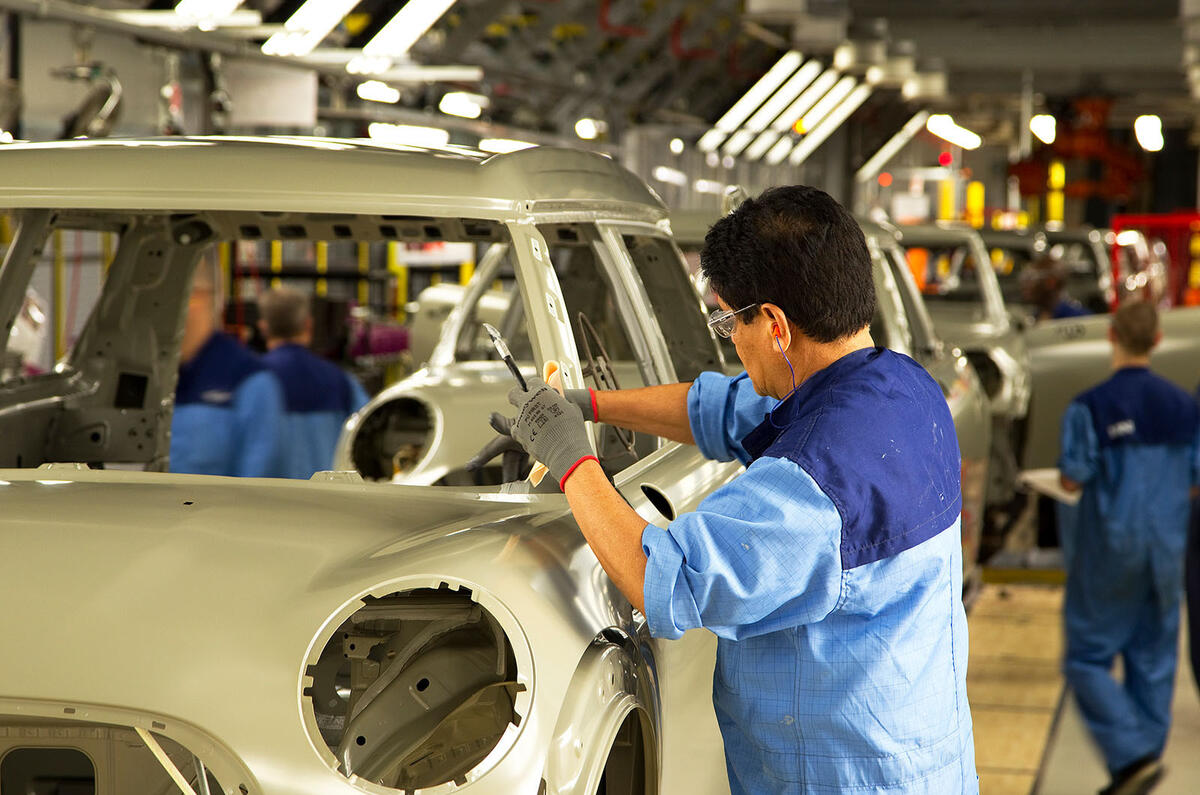UK car industry bosses have called on new prime minister Sir Keir Starmer to put motoring issues at the top of his to-do list after his Labour Party triumphed with a landslide election victory.
Labour made several automotive pledges as part of its election campaign (see in full below), from promising to reinstate the 2030 ban on the sale of new ICE cars to tackling insurance premiums, introducing a battery health standard for used EVs and aiding the construction of new battery factories.




Join the debate
Add your comment
When will politicians wake up the fact that private buyers don'y easnt electric cars at this time? Best thing to do is get rid of the absurd penalties if manufacturers don't acheive their BEV quotas. None will - so they will go bankrupt. End of another industry. Thank you politics.